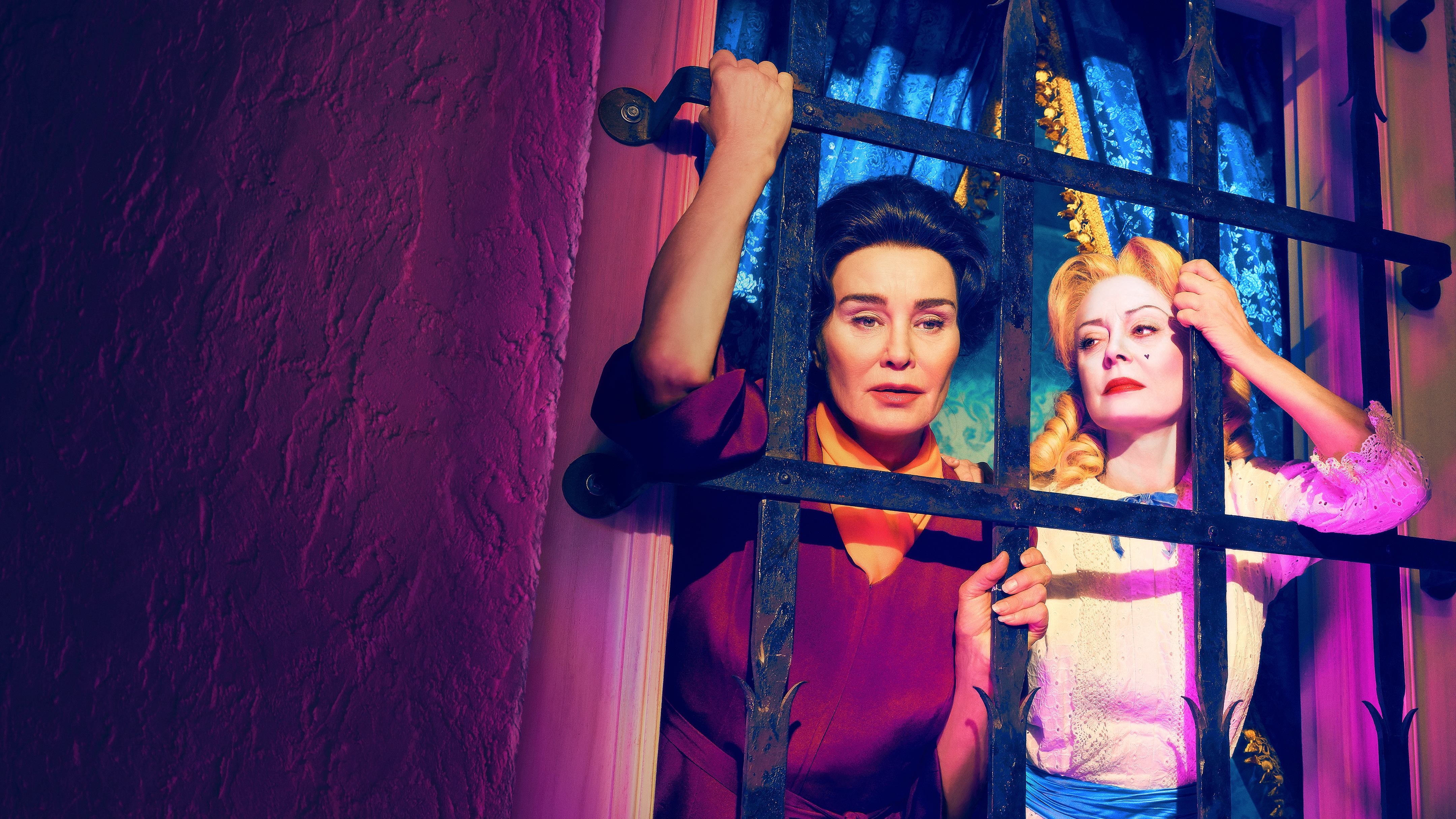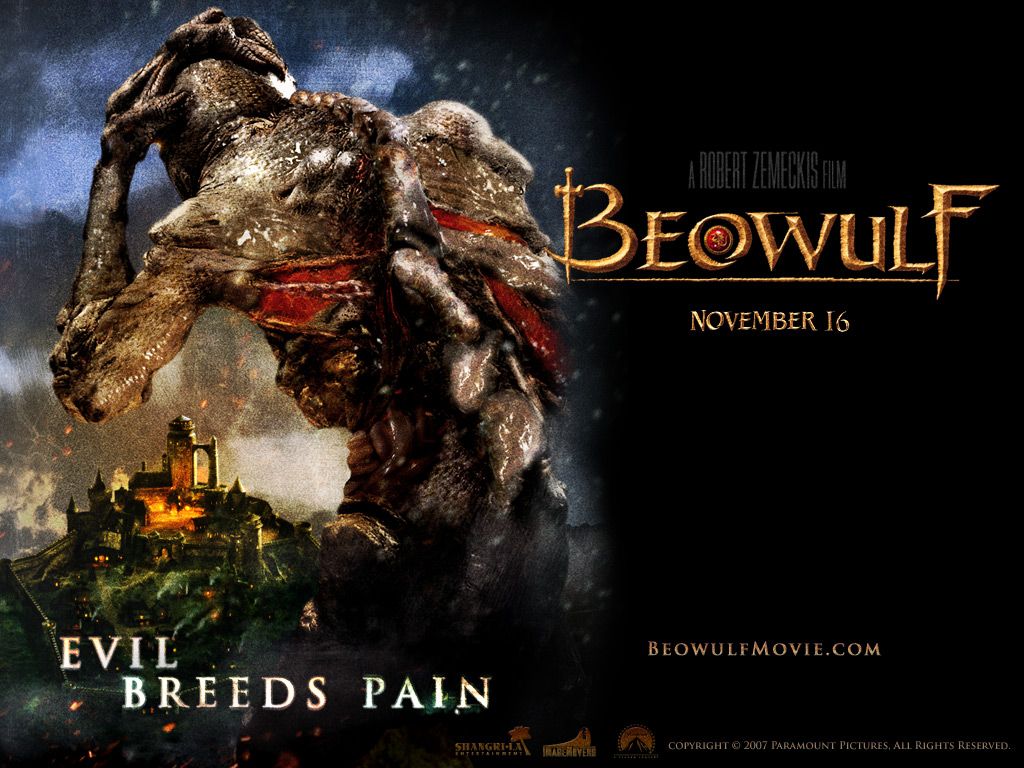
William Theodore Kotcheff, the shape-shifting Canadian director whose career spanned over six decades and introduced audiences to an eclectic array of characters, from the troubled Vietnam War hero John Rambo to the amoral young hustler Duddy Kravitz, died on April 10 in Nuevo Vallarta, Mexico, at the age of 94. His passing, confirmed by his son Thomas Kotcheff, marks the end of a prolific artistic journey that traversed continents and genres, leaving an indelible mark on both cinema and television.
Born in Toronto in 1931 to Bulgarian immigrant parents, Kotcheff’s life and work were characterized by a relentless pursuit of diverse storytelling. He cultivated a reputation for versatility, famously describing his own filmography as “a gumbo” in his 2017 memoir, ‘Director’s Cut: My Life in Film,’ co-written with Josh Young. This ability to avoid being “pigeonholed as the guy who makes one style of film” allowed him to explore every conceivable genre, reflecting a profound curiosity and an unyielding commitment to narrative depth, whether in gritty dramas, satirical comedies, or intense thrillers.
Kotcheff’s journey began in the nascent days of Canadian television, propelled him through the vibrant theater and film scenes of Britain and Australia, and eventually led him to the heart of Hollywood. His work consistently captured the complexities of human experience, earning him critical accolades, international awards, and a devoted following for films that often tackled challenging themes with a keen observational eye and an unwavering dedication to character. This exploration delves into the foundational elements of his career, illuminating the early triumphs that paved the way for his lasting impact on the global entertainment landscape.

1. **Early Career in Canadian and British Television and Theatre**Ted Kotcheff’s professional life commenced in 1952 after he graduated from the University of Toronto with a bachelor’s degree in English literature. He began his television career at the Canadian Broadcasting Corporation (CBC) as a stagehand, quickly rising through the ranks to become a writer of documentaries and director of live dramas. At 24, he was the youngest director on the staff of the CBC, where he worked for two years on shows such as ‘General Motors Theatre,’ ‘Encounter,’ ‘First Performance,’ and ‘On Camera.’ He expressed his early motivation simply, stating, “Personally in 1952 I had no opinion on the future of television. I just wanted a job in storytelling.”
Seeking broader opportunities, Kotcheff moved to the United Kingdom in 1958. There, he joined ABC Weekend TV, one of the ITV network’s franchise holders, where he directed segments of the popular anthology drama ‘Armchair Theatre.’ His time in Britain was marked by significant achievements, including grappling with an actor’s sudden death during a live broadcast of ‘Underground’ in 1958, showcasing his calm under pressure. He also directed ‘No Trams to Lime Street’ (1959) and ‘I’ll Have You to Remember’ (1961), further solidifying his reputation in television drama.
Beyond the screen, Kotcheff made notable contributions to the British theatre scene. He directed the original 1964–65 West End production of the musical ‘Maggie May’ at the Adelphi Theatre, a venture that garnered significant recognition. The musical earned the Ivor Novello Award for Outstanding Score of the Year and was lauded in the Critics’ Poll as Best New British Musical, demonstrating Kotcheff’s versatile artistic sensibilities and his ability to excel across different media.
His work in Britain during this period extended to various BBC productions and stage plays on the West End, showcasing an impressive breadth of talent. He directed television remakes of classics such as ‘The Desperate Hours’ (1967) and ‘Of Mice and Men’ (1968), and also helmed ‘The Human Voice’ (1967) for British television, starring Ingrid Bergman. This intense period of diverse creative output laid a robust foundation for his eventual transition into feature film directing, equipping him with a comprehensive understanding of narrative, performance, and production.
Read more about: A Deep Dive into the Lives of Famous Figures Tragically Lost to Heart Attacks
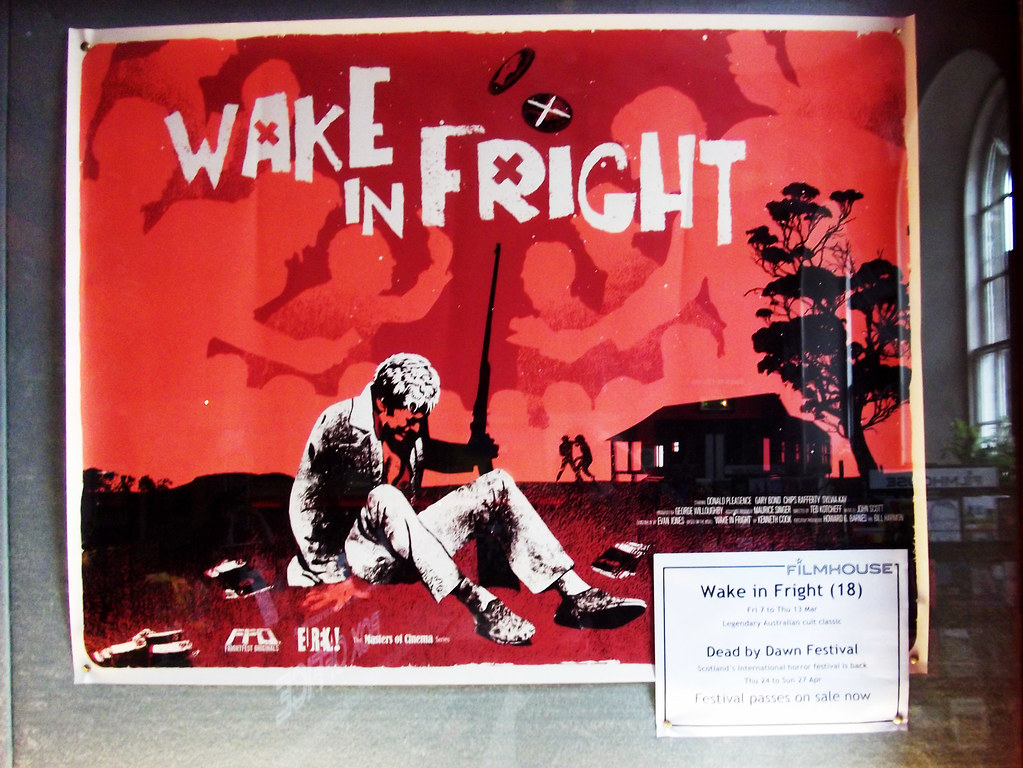
2. **’Wake in Fright’ (1971): A Seminal Australian New Wave Picture**One of Ted Kotcheff’s most challenging and enduring works emerged from his time in Australia: the 1971 psychological thriller ‘Wake in Fright.’ Shot in the Australian outback, the film follows a schoolteacher, played by Gary Bond, who descends into a personal hell over a few harrowing days in a remote, desolate town. The movie quickly garnered critical acclaim in Europe and was notably selected as Australia’s official entry at the 1971 Cannes Film Festival, marking a significant moment for Australian cinema.
The film, initially released in the U.S. as ‘Outback,’ was praised for its raw intensity and disturbing portrayal of societal decay and psychological torment. Decades later, its profound impact was underscored when it was re-released in a fully restored version in 2009. Martin Scorsese, a legendary filmmaker himself, championed the restoration, declaring it a “deeply — and I mean deeply — unsettling and disturbing movie,” a testament to its lasting power and relevance. The film continues to appear on various cult film lists, solidifying its status as a masterpiece of the Australian New Wave.
‘Wake in Fright’ is recognized for its unflinching realism and atmospheric tension, immersing the audience in a uniquely hostile environment that mirrors the protagonist’s internal struggle. Kotcheff’s direction masterfully captures the oppressive heat, the isolation, and the escalating barbarity of the outback setting, transforming it into a powerful character in itself. This visual and narrative detail contributes to the film’s status as a harrowing yet compelling cinematic experience.
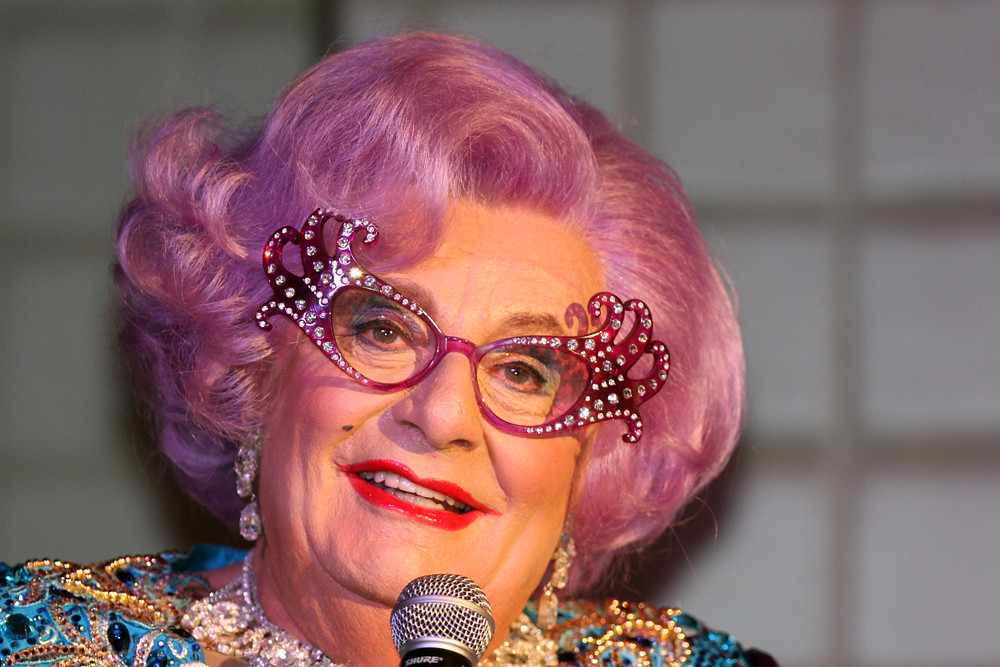
3. **’Edna, the Inebriate Woman’ (1971): A British Television Triumph**Following his international success with ‘Wake in Fright,’ Ted Kotcheff returned to British television, where he directed the acclaimed ‘Play for Today’ production ‘Edna, the Inebriate Woman’ in 1971 for the BBC. This powerful drama starred Patricia Hayes as Edna, a homeless alcoholic navigating the stark realities of social neglect in Britain. The production was a stark, unflinching look at the lives of the marginalized and vulnerable, embodying Kotcheff’s commitment to exploring challenging social narratives.
‘Edna, the Inebriate Woman’ earned Kotcheff significant recognition, winning him a British Academy Television Award for Best Director. This award underscored his exceptional talent in bringing complex, character-driven stories to the small screen with both sensitivity and realism. The film’s critical reception was overwhelmingly positive, highlighting its importance within the landscape of British television drama.
The lasting impact of this production was further cemented in 2000, when it was voted one of the ‘100 Greatest British Television Programmes of the 20th Century’ in a poll of industry professionals conducted by the British Film Institute. This accolade speaks volumes about its enduring quality and its significant contribution to television history, showcasing Kotcheff’s ability to craft narratives that resonate deeply with audiences and critics alike, long after their initial broadcast.

4. **’The Apprenticeship of Duddy Kravitz’ (1974): A Canadian Classic and International Acclaim**Ted Kotcheff’s return to Canada marked a pivotal moment in his career with the direction of ‘The Apprenticeship of Duddy Kravitz’ in 1974. This adaptation of his friend and former London housemate Mordecai Richler’s 1959 novel became a landmark film in Canadian cinema. The story follows Duddy Kravitz, an amoral Jewish wheeler-dealer from Montreal, portrayed by Richard Dreyfuss, who will stop at nothing to rise from poverty to wealth.
Kotcheff’s commitment to adapting Richler’s novel was a long-standing promise, made when they shared an apartment in London during the 1950s. Fifteen years later, he fulfilled that vow, resulting in a film that captured the novel’s essence with remarkable fidelity and depth. Vincent Canby, reviewing ‘Duddy Kravitz’ for The New York Times, praised its “abundance of visual and narrative detail,” speculating that this richness stemmed from the “close collaboration between Mr. Richler and Mr. Kotcheff.” This creative partnership proved immensely fruitful, translating the complex literary work into a compelling cinematic experience.
The film received widespread international acclaim, most notably winning the Golden Bear at the 1974 Berlin International Film Festival. This victory was historic, as it marked the first time an English Canadian dramatic feature film had won such a prestigious international award. The film also won the Canadian Film Awards’ belated Film of the Year award in 1975, further cementing its status within its home country. Kotcheff later recalled his experience with Dreyfuss on set, stating, “Every day was a revelatory experience with Richard… he was always in high spirits, full of amusement.”
‘The Apprenticeship of Duddy Kravitz’ has since been recognized as a definitive classic of Canadian cinema. The Toronto International Film Festival has twice ranked it among the Top 10 Canadian Films of All Time, in 1984 and 1993, highlighting its enduring cultural significance. Its success at international festivals and its critical acclaim in the U.S. brought Kotcheff to the attention of Hollywood, paving the way for his most sustained period of work in the American film industry.

5. **’Fun with Dick and Jane’ (1977): A Hit in Hollywood**Following the critical success of ‘The Apprenticeship of Duddy Kravitz’ and his subsequent recognition, Ted Kotcheff transitioned to Hollywood, directing ‘Fun with Dick and Jane’ in 1977. This comedy starred George Segal and Jane Fonda as a middle-class couple who turn to armed robbery after the husband unexpectedly loses his job. The film tapped into contemporary anxieties about economic instability and social mobility, presenting them with a satirical and engaging tone.
‘Fun with Dick and Jane’ quickly became a significant box office hit, marking Kotcheff’s successful entry into mainstream American filmmaking. The movie showcased his ability to handle comedic narratives while still maintaining a sharp social commentary. The performances of Segal and Fonda were widely praised, capturing the desperate yet humorous plight of a couple navigating an increasingly uncertain financial landscape. This commercial success allowed Kotcheff to further establish himself in Hollywood and take on a variety of projects across different genres.
This film was part of a productive streak for Kotcheff in Hollywood, which included other projects like ‘Who Is Killing the Great Chefs of Europe?’ (1978). The success of ‘Fun with Dick and Jane’ demonstrated his versatility and confirmed his appeal to a broader audience, effectively bridging his critically acclaimed independent and international work with the demands of the studio system. It set the stage for a period of prolific output, where he would direct some of his most memorable and impactful films.
After establishing his formidable reputation through critically acclaimed international works and a successful Hollywood debut with ‘Fun with Dick and Jane,’ Ted Kotcheff moved into a period that would define his mainstream legacy. This era saw him craft some of his most recognized and impactful films, demonstrating his unique ability to blend commercial appeal with his characteristic narrative depth and willingness to tackle challenging subjects. His later career would also underscore a principled stand on creative integrity, even as he navigated the pressures of a sequel-driven industry, culminating in a significant return to television that cemented his enduring influence.
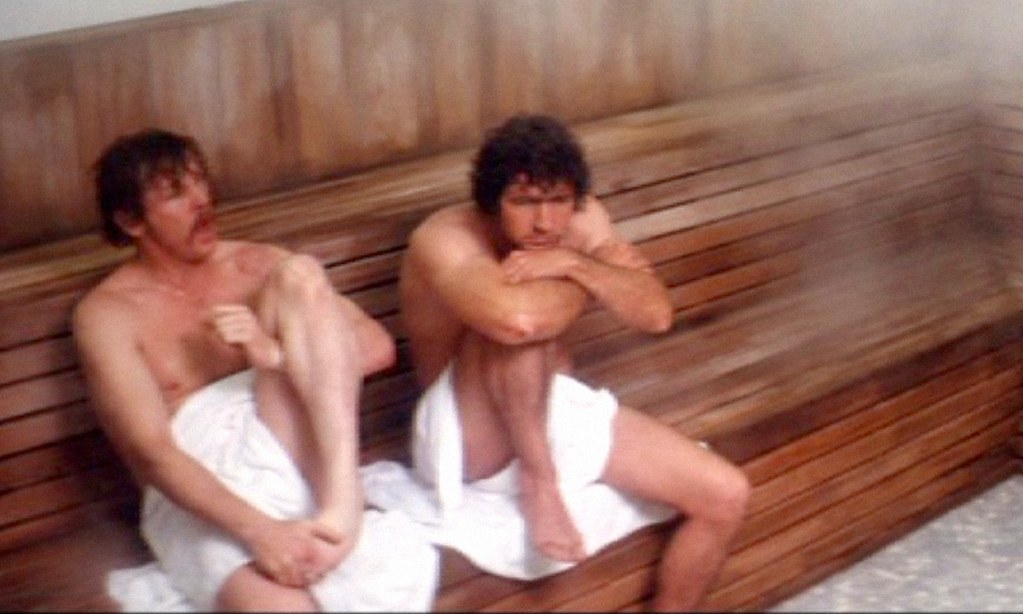
6. **’North Dallas Forty’ (1979): A Gritty Look at Professional Football**Building on his momentum in Hollywood, Ted Kotcheff tackled the world of professional sports with “North Dallas Forty” in 1979. This gritty comedy-drama, starring Nick Nolte and Mac Davis, offered a candid, often unvarnished, portrayal of the dark underbelly of professional football, a stark contrast to the idealized images often presented to the public. Kotcheff, not being a football fan himself, approached the subject without reverence, which he believed was a “plus when it came to showing the unvarnished truth.”
The film delved into the physical toll, the substance abuse, and the cutthroat business practices inherent in the sport, moving beyond the glamour to expose the struggles of the players. It was lauded for its realism and its sharp critique of the industry, resonating with audiences who appreciated its honest depiction. The narrative explored the camaraderie and conflicts within the team, reflecting Kotcheff’s consistent interest in complex character dynamics and societal commentary.
“North Dallas Forty” proved critically acclaimed, further cementing Kotcheff’s reputation for directing films that, while entertaining, also carried significant thematic weight. It showcased his versatility in handling different genres, proving that his insightful approach to storytelling could be applied effectively to any subject matter. This success further broadened his appeal within the American film industry, laying additional groundwork for even larger projects to come.
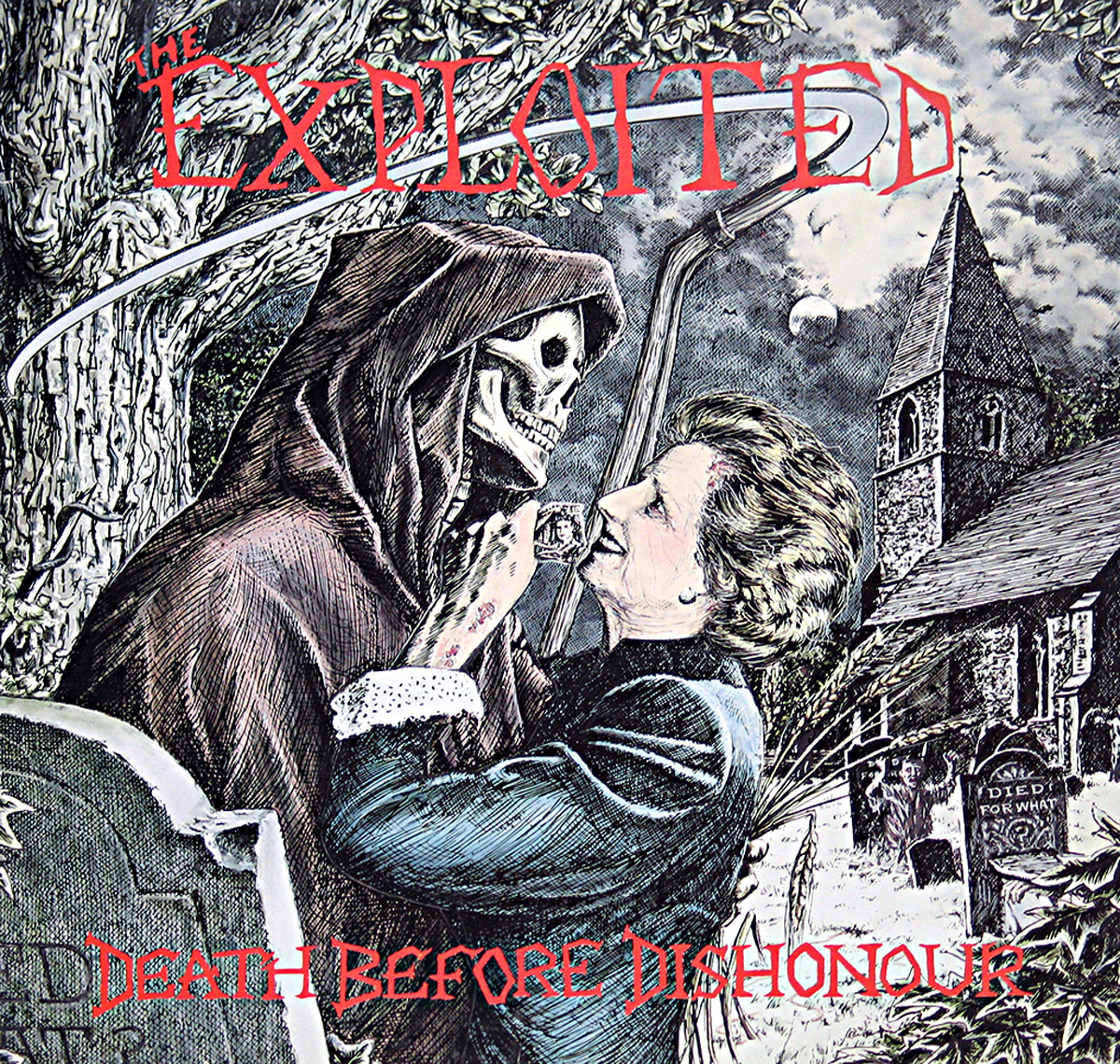
7. **’First Blood’ (1982): Defining Rambo and a Stance on Violence**In 1982, Ted Kotcheff directed what would become arguably his most iconic film, “First Blood,” the inaugural entry in the globally recognized Rambo series. Starring Sylvester Stallone as John Rambo, a troubled Vietnam War veteran, the movie depicted his harrowing struggle against a small-town police force in Washington State after being unjustly harassed. The film was an immediate box office hit, grossing over $125 million worldwide and transforming Rambo into a household name.
The production of “First Blood” was not without its challenges, particularly regarding the ending. The initial cut featured Rambo taking his own life, a conclusion that test audiences vehemently rejected. Mr. Stallone himself warned Mr. Kotcheff about the audience’s potential anger, famously asking, “All this and now we’re gonna kill him?” Following the negative feedback, Kotcheff wisely utilized an alternative ending he had filmed, in which Rambo survives, albeit wounded, walking out of the police station. This decision proved crucial to the film’s success and its enduring legacy.
Despite the immense success and the subsequent demand for sequels, Kotcheff maintained a principled stance against directing “Rambo: First Blood Part II” (1985). He explained his refusal by stating, “In the first film he doesn’t kill anybody. In this film he kills 75 people,” finding the sequel’s celebration of violence, especially in the context of the Vietnam War, morally objectionable. He viewed the sequels as “derivative ripoffs that come close to contradicting the original idea of Rambo being a kind of Frankenstein monster.” This decision, though foregoing significant financial gain—the sequel made $300 million—underscored his commitment to creative integrity over commercial opportunism.
Kotcheff deeply praised Stallone’s commitment during the production of “First Blood,” noting that the actor, who broke four ribs during filming, was “deeply committed” to the role. The film was a decade in the making, based on a 1972 novel by Canadian writer David Morrell, and faced initial distribution challenges, being “independently produced and no one wanted to distribute it,” as Kotcheff recalled in 1989. Its eventual triumph cemented his reputation as a director capable of helming intense, character-driven thrillers that resonated deeply with audiences.

8. **’Uncommon Valor’ (1983): Honoring Vietnam Veterans**The year after “First Blood,” Ted Kotcheff continued his exploration of the lingering impact of the Vietnam War with “Uncommon Valor” (1983). This war action film starred Gene Hackman as a retired Marine officer who, holding out hope that his son is still alive as a prisoner of war, organizes a rescue team to find American soldiers imprisoned nearly a decade after the conflict. It was a project that deeply resonated with Kotcheff’s interest in themes of resilience, loyalty, and the human cost of war.
“Uncommon Valor” offered a poignant look at the dedication of those unwilling to abandon their comrades, even in the face of official indifference. The film featured a strong ensemble cast, including Patrick Swayze, and was praised for its intense action sequences balanced with its emotional depth. It demonstrated Kotcheff’s skill in crafting narratives that were both thrilling and thought-provoking, avoiding simplistic portrayals of conflict.
Kotcheff’s decision to direct “Uncommon Valor” instead of the “First Blood” sequel underscored his dedication to telling stories that explored the complex realities of military service and its aftermath, rather than simply replicating violence. The film served as another testament to his versatility and his commitment to meaningful cinema, further solidifying his standing as a director who prioritized narrative substance over commercial formulas.
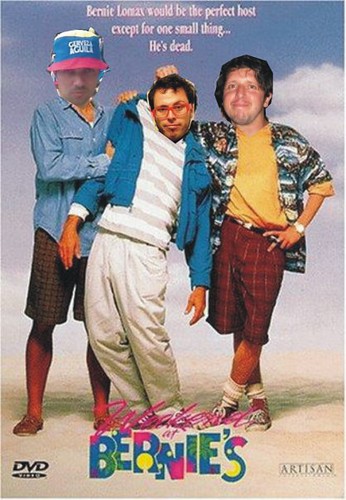
9. **’Weekend at Bernie’s’ (1989): A Cult Comedy Phenomenon**In 1989, Ted Kotcheff surprised audiences with “Weekend at Bernie’s,” a black comedy that, despite a modest initial box-office showing, evolved into an enduring cult hit. The film, starring Jonathan Silverman and Andrew McCarthy as two insurance company employees, revolves around their frantic attempts to make their murdered boss, Bernie (Terry Kiser), appear alive to avoid suspicion and enjoy a lavish Hamptons weekend. Kotcheff’s direction masterfully balanced the absurdity of the premise with genuine comedic timing.
“Weekend at Bernie’s” distinguished itself through its unique brand of dark humor and physical comedy, creating memorable scenes as the protagonists manipulate Bernie’s corpse through various social situations. Kotcheff recalled a set filled with “much camaraderie,” contrasting with the mostly selfish characters depicted on screen. The film’s “satirical edge about human behaviour connected with audiences,” leading to its unexpected popularity and lasting appeal, with Bernie Lomax memes periodically resurfacing on social media.
True to his established pattern, Kotcheff declined to direct the sequel to “Weekend at Bernie’s.” He explained this decision in his memoir, stating, “I felt that I had run out of dead man jokes, or at least the desire to stage them.” This reiterated his preference for exploring new ideas and avoiding repetition, a hallmark of his diverse filmography that he proudly described as a “gumbo” of genres and styles. His refusal to engage in sequels, even for financially successful properties, showcased a filmmaker dedicated to fresh creative challenges.

10. **’Law & Order: Special Victims Unit’ (1999-2012): A Television Legacy**As the 1990s progressed, Ted Kotcheff transitioned significantly back into television, embarking on what would become a major final act in his illustrious career: an extended tenure as an executive producer and director on “Law & Order: Special Victims Unit.” From 1999 to 2012, he was a pivotal figure behind the scenes of one of TV’s longest-running and most impactful police procedural dramas, leaving an indelible mark on its distinctive style and success.
During his more than a decade with “SVU,” Kotcheff oversaw casting, notably selecting the show’s two lead actors, Mariska Hargitay and Christopher Meloni, whose performances became central to the series’ appeal. He also supervised other directors, ensuring a consistent creative vision for the program. His extensive experience across film and television proved invaluable in shaping the show’s narrative quality and its strong character development, which resonated deeply with audiences.
Beyond his executive duties, Kotcheff personally directed seven episodes across the first seven seasons of “SVU.” One particularly acclaimed episode, focused almost entirely on Mariska Hargitay’s Detective Olivia Benson as she talked a young girl hostage through a phone call, earned Ms. Hargitay her only Primetime Emmy Award. This episode had its roots in Kotcheff’s earlier work, specifically “The Human Voice,” a 1966 TV movie he directed starring Ingrid Bergman as a woman on the phone with an abandoning lover, showcasing his ability to revisit and reinterpret powerful thematic elements.
Mariska Hargitay herself praised Kotcheff in the foreword of his memoir, describing him as “a man whose charisma came from an unfettered appetite for life.” She added, “Ted speaks the truth, directs the truth, pulls the truth out of all the actors he works with. You can see that in the performances he directed on our show and in all his films.” His work on “Law & Order: SVU” was a testament to his adaptability and enduring talent, capping a career defined by a relentless pursuit of diverse storytelling across all media.
Ted Kotcheff’s journey, from the early days of Canadian television to the pinnacle of Hollywood and back to the demanding world of long-form episodic drama, paints the picture of a true artistic chameleon. His filmography, indeed a “gumbo” as he himself described it, is a testament to an unyielding curiosity and a profound commitment to narrative truth, whether in the gritty realism of “North Dallas Forty,” the global phenomenon of “First Blood,” the dark humor of “Weekend at Bernie’s,” or the impactful drama of “Law & Order: SVU.” He was a director who consistently defied categorization, enriching cinema and television with his unique vision, leaving behind a legacy not just of memorable films, but of a career lived with unwavering creative integrity and a deep love for the art of storytelling.

